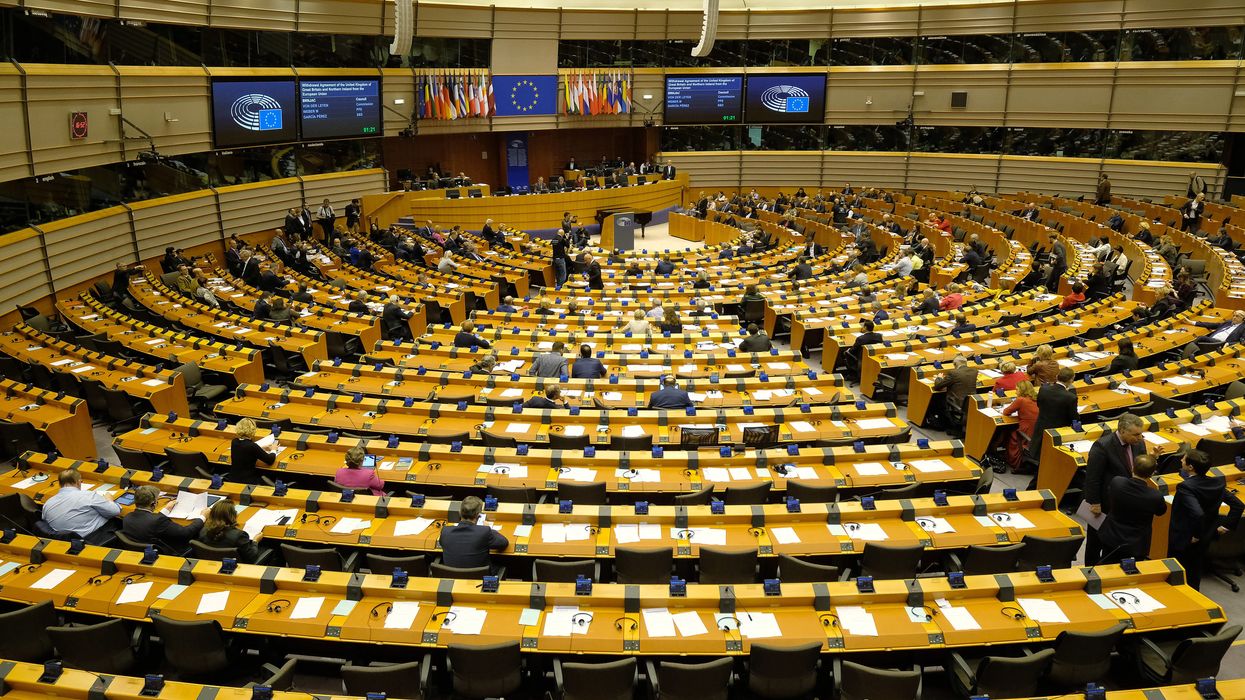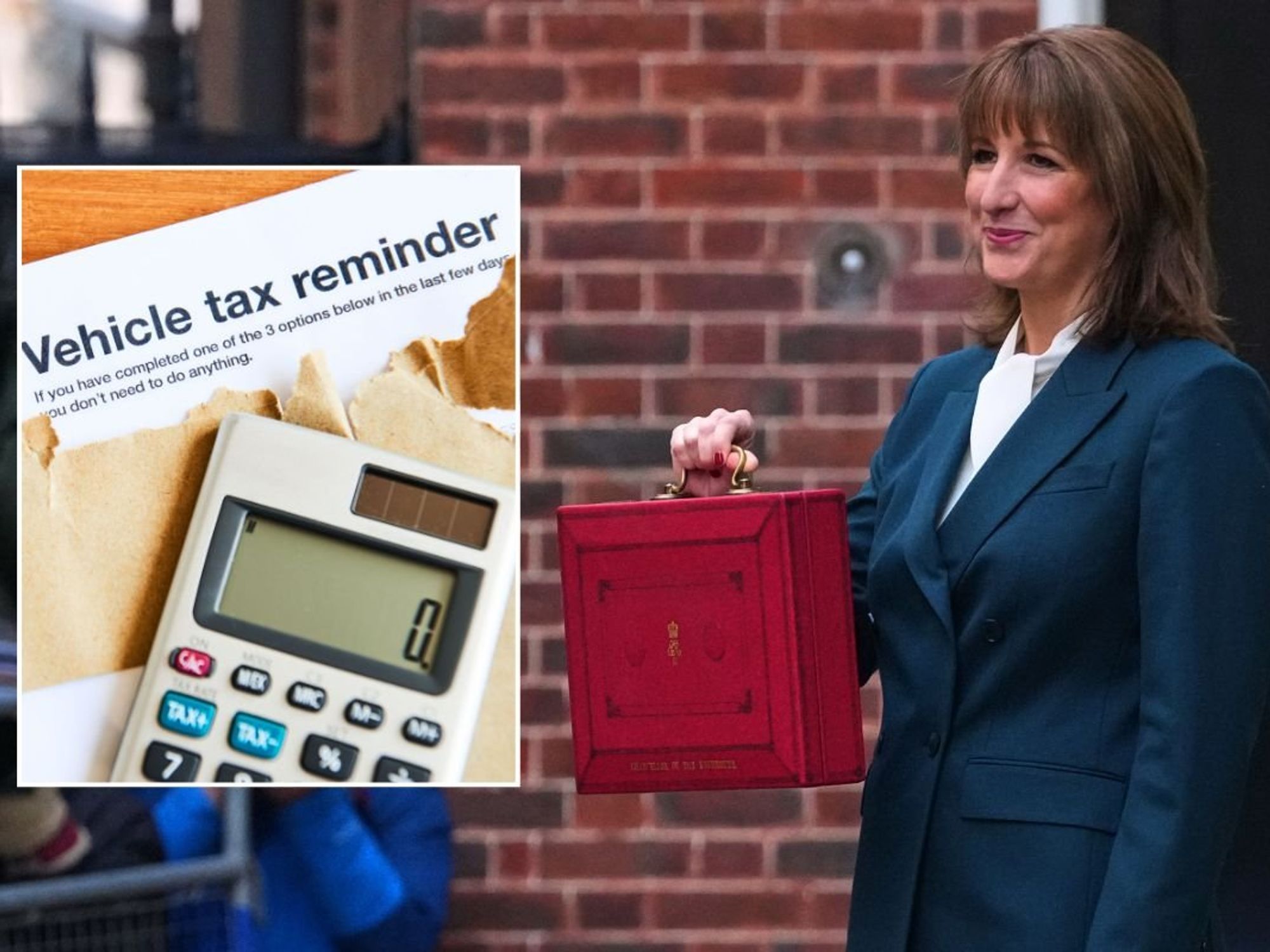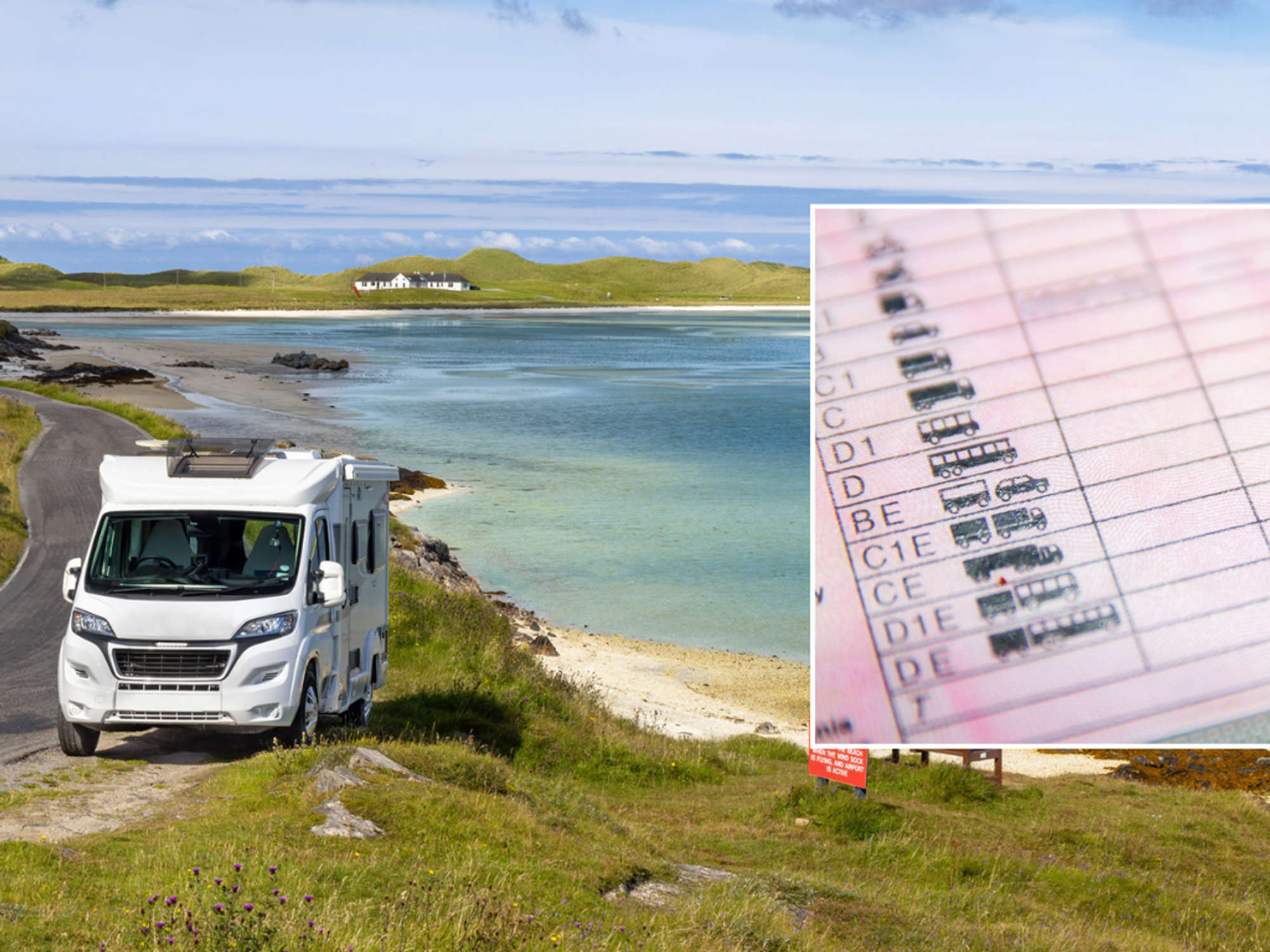EU's rise of the right is a profound rejection of the liberal globalist agenda - Alex Armstrong

The European Parliament meets for a session | GETTY
Alex Armstrong is a political commentator
Don't Miss
Most Read
Is it any surprise that political parties across the European Union are decisively shifting to the right? After decades under the thrall of left-wing ideologies that dominated the European Commission, its expansive bureaucracy, citizens across the EU are opening their eyes to a grim reality.
Uncontrolled illegal migration has plunged some of the world’s most iconic European cities into chaos. Paris, once the epitome of love and elegance, is now marred by ethnic clashes and sprawling shantytowns, a direct result of unchecked illegal immigration.
Meanwhile, ordinary Europeans are increasingly disillusioned with the relentless promotion of an LGBTQ+ agenda, which flouts basic biological science and, frankly, reality.
This sweeping disenchantment is fueling the rise of right-wing parties that champion strict law enforcement, secure borders, and the preservation of Western culture. Current research shows the Identity & Democracy (ID) grouping in the European Parliament, currently the sixth largest, is poised to add 40 seats in June, boosting their ranks to 98 and propelling them to third place, ahead of the Liberals. This group includes formidable parties like Germany's Alternative for Germany (AfD) and France's National Rally (RN).
According to the European Council on Foreign Relations (ECFR) own research, we can expect a significant rightward shift in the European Parliament this June, with right-wing populists poised to win an increased number of seats. This shift could reshape EU policies on key issues like migration and environmental regulations, possibly affecting the EU’s ambitious Green Deal, and I for one, absolutely welcome it.
But the rise of right-wing parties isn't solely about immigration or cultural wars. It's also a profound rebuke of the liberal/globalist agenda embedded in the EU's politburo, that have utterly mishandled economic policies and failed endlessly on cultural integration of the millions of people they have imported.
This rightward trend is also mirrored in national politics in the EU. In the Netherlands, Geert Wilders’ Party for Freedom captured nearly a quarter of the votes in recent elections. In Italy, Giorgia Meloni's Fratelli d’Italia, aligned with the European Conservatives and Reformists (ECR), has surged in popularity, catapulting Meloni to the role of Italy's Prime Minister in late 2022.
The UK will be one of the standalone nations in the continent, as it heads toward the end of 14 years of (mostly centre-liberal) Conservative reign, and changes course to a socialist Labour government. Despite polling as the third place in most national polls, our comparative right-wing party, Reform, is struggling to breakthrough the UK’s two-party electoral system. Most of Europe uses a fairer voting system, such as proportional representation, which has made emerging parties far more successful in getting elected in their respective parliaments.
Despite this paradigm shift across Great Britain, there are far deeper looming concerns about the EU's cohesiveness, as well as the future of the EU itself. The ascendance of right-wing parties could potentially hamper EU initiatives aimed at combating climate change and will likely, finally, bring about a tougher stance on illegal immigration.
For any rational observer, this shift should come as a relief. Europe is at its breaking point with the influx of illegal immigrants, many of whom clearly despise our way of life and are determined to reshape it to mirror the cultures of the very nations they ostensibly fled. This irony should not be lost on those who value the preservation of our European heritage and societal norms.
So, it begs the question, as the EU navigates this crucial political realignment, will this rightward drift forge a stronger, more cohesive Europe, or will lead to increased fragmentation and discord?
The European elections this June will undoubtedly offer critical insights into the future trajectory of the EU, and who knows, the EU may be more attractive than Britain, with the incoming Labour Party .










